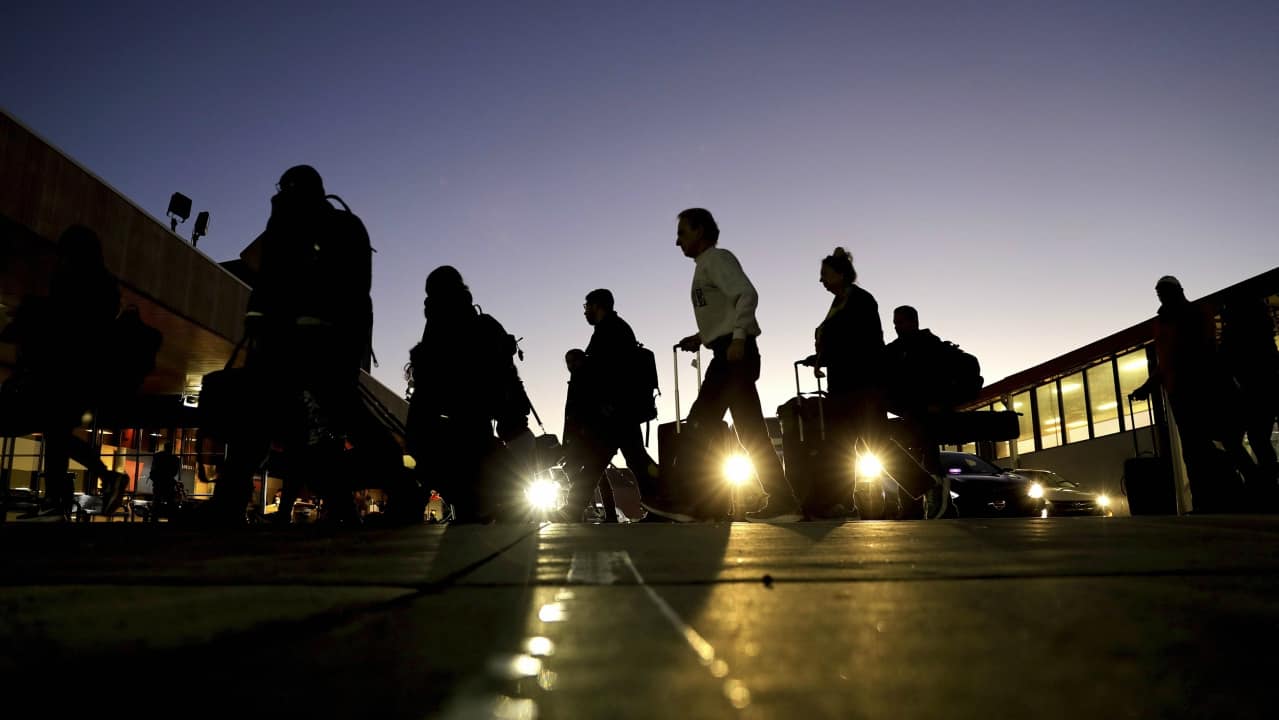Aviation industry regulator Directorate General of Civil Aviation (DGCA) on June 26 extended the suspension on international flights till July 15, but more importantly said "international scheduled flights may be allowed on select routes by the competent authority on case- to-case basis".
The DGCA, taking to social media platform Twitter, said scheduled international commercial passenger flights to and from India will remain suspended until July 15. The restriction shall not, however, apply to international all-cargo operations and flights specifically approved by the DGCA.
The development comes in the wake of the US Transportation Department asking for a "level-playing field for US airlines". The Department had pointed out that American airline Delta Air Lines had not received approval from Indian authorities to perform repatriation charter services, similar to done by Air India under Vande Bharat Mission.
Later on, France and UAE also raised objection against the Vande Bharat flights, and asked Air India to apply for approvals to operate these flights.
The Ministry of Civil Aviation responded, though not directly to the allegations levelled by the US Transportation Department that it was discriminating against foreign carriers, and said that it is "now looking at the possibility of establishing bilateral arrangements".
International flight operations have remained suspended for around three months now, as flights to and from the country were suspended even before the March 24 announcement of the nationwide lockdown to contain the spread of COVID-19. Domestic flight operations, which were also suspended in light of the lockdown, resumed in a calibrated manner starting May 25.
The government has, however, brought back several citizens stranded abroad amid the coronavirus pandemic. It did so by operating flights under various legs of the Vande Bharat Mission, which is at present in its third phase.
Union Civil Aviation Minister Hardeep Singh Puri had earlier this weekend reiterated his stance that once domestic flights are scaled up to around 55 percent of their total operation strength, the government could look at resuming international operations.
Click here for details of repatriation flights on June 26
Discover the latest Business News, Sensex, and Nifty updates. Obtain Personal Finance insights, tax queries, and expert opinions on Moneycontrol or download the Moneycontrol App to stay updated!










